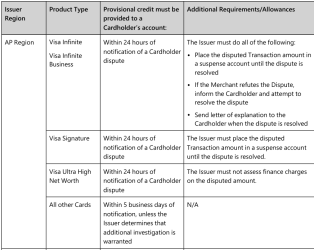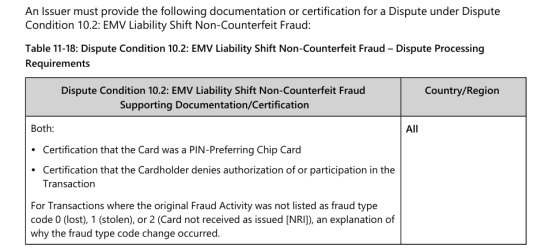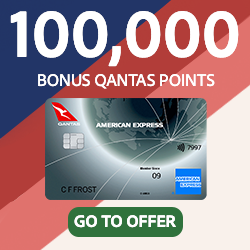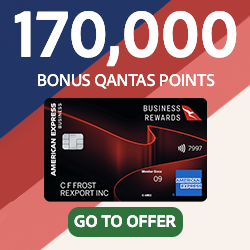Fast track to Star Alliance Gold status with the HSBC Star Alliance credit card!
Learn more and apply for this card:

HSBC Star Alliance Credit Card Guide
The HSBC Star Alliance credit card is the first of its kind, allowing Australian cardholders to earn Star Alliance Points and Gold status.
What are the main benefits of this card?
- Signup bonus: Fast Track to Star Alliance Gold Status, when you spend $4,000 or more on eligible purchases in the first 90 days from account opening
- Keep your Star Alliance Gold status each subsequent year that you spend at least $60,000 on your card
- Earn 1 Star Alliance Point per $1 on eligible purchases, up to $3,000 per statement period and 0.5 Star Alliance Points per $1 spent on eligible purchases thereafter, uncapped
- No annual fee in the first year and $450 p.a. thereafter
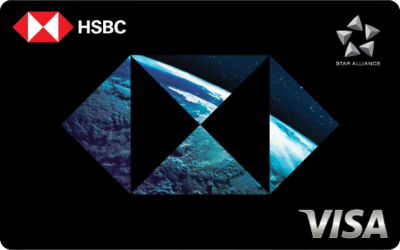 Why we like the HSBC Star Alliance credit card
Why we like the HSBC Star Alliance credit cardLaunched in 2022, the HSBC Star Alliance credit card is the first of its kind anywhere in the world. You'll earn Star Alliance Points which are transferable to a choice of seven Star Alliance member airlines at a time of your choosing. You can also earn Star Alliance Silver or Gold status just by spending on the card, with no flying required!
Once you qualify for the welcome offer and are fast tracked to Star Alliance Gold status with any of the seven participating carriers, you’ll soon be enjoying perks like airport priority lanes and lounge access when flying across the whole Star Alliance network. It is the largest airline alliance in the world with 25 member airlines, including Air New Zealand, Singapore Airlines, United and Turkish Airlines.
Please note that the welcome offer is not available to existing HSBC customers transferring from another HSBC credit card, or if you have previously held a HSBC Star Alliance credit card within the last 18 months. Refer to the full T&C’s for more information:

HSBC Star Alliance Credit Card Guide
The HSBC Star Alliance credit card is the first of its kind, allowing Australian cardholders to earn Star Alliance Points and Gold status.
AFF members are welcome to discuss this card in this thread.








